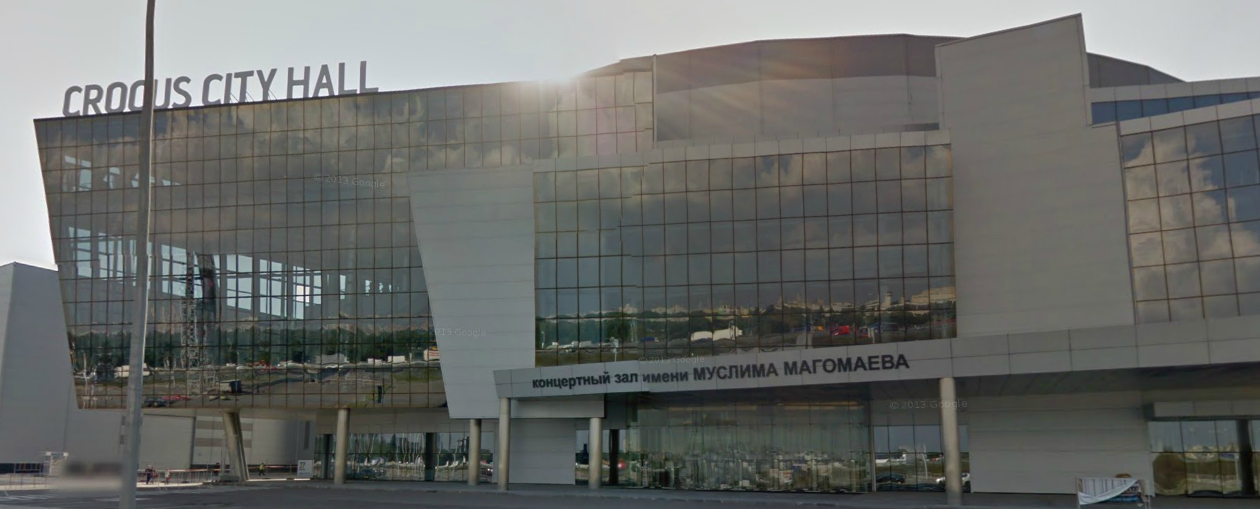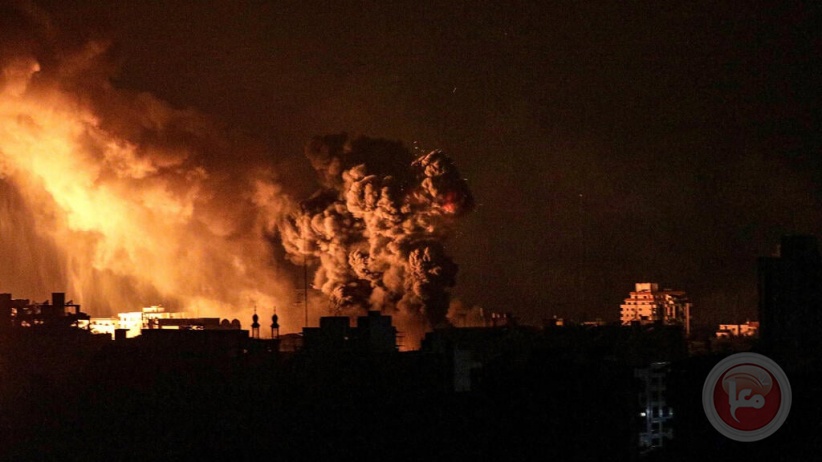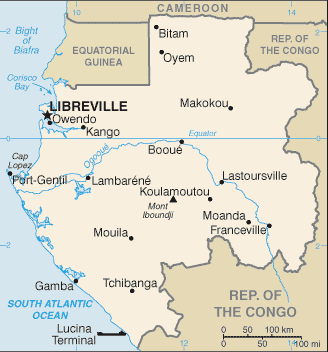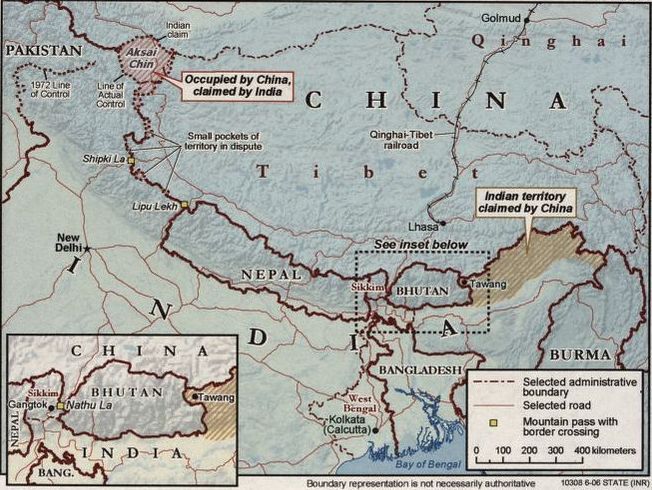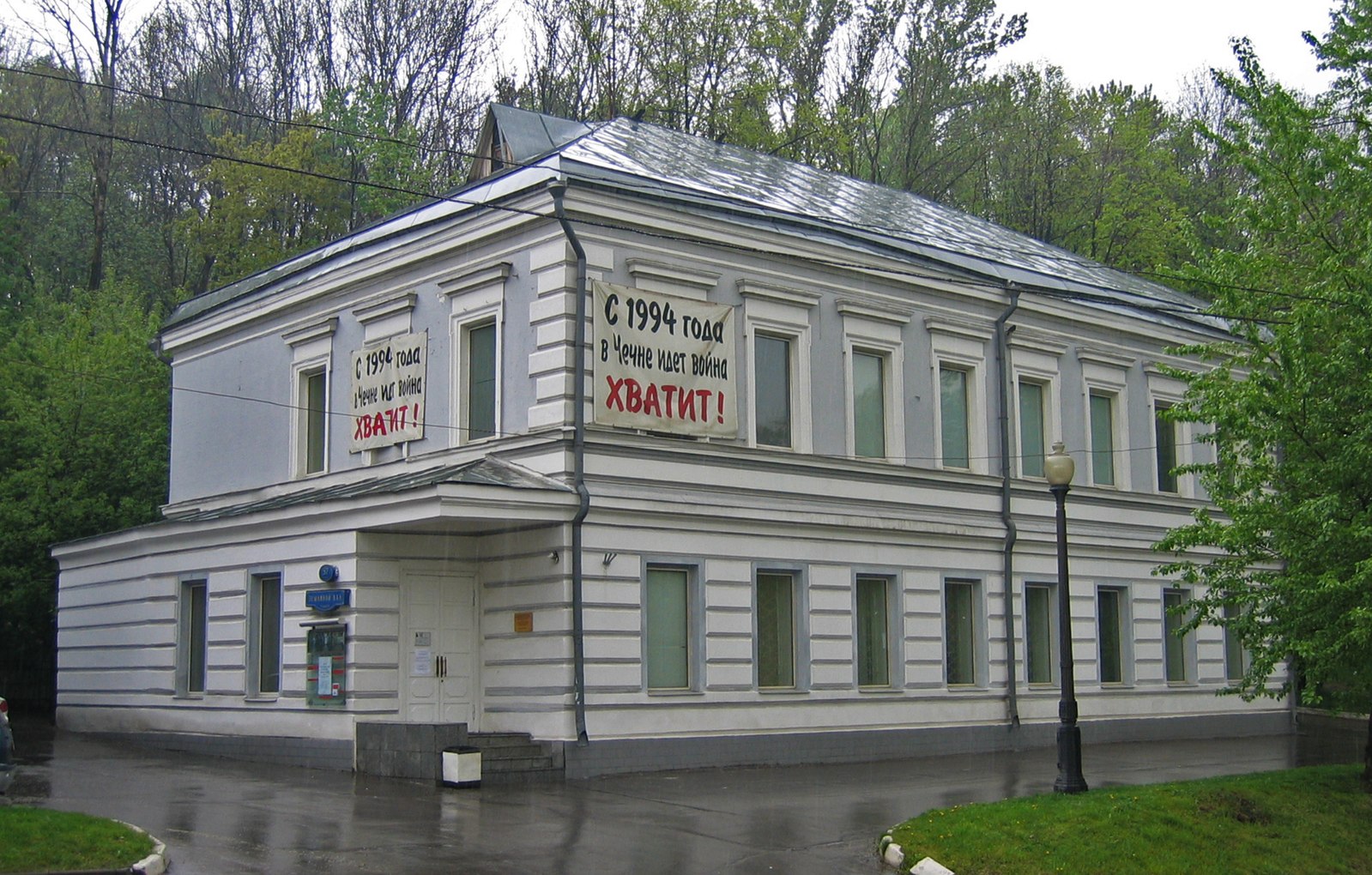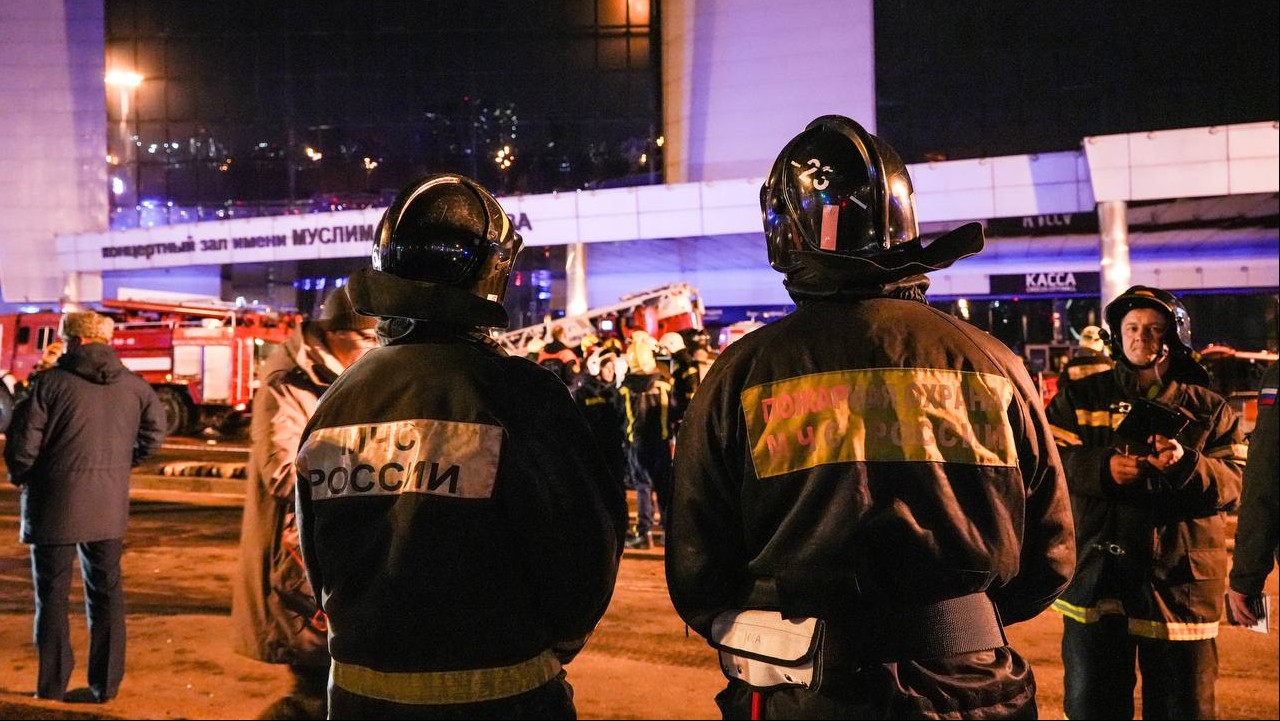
Podcast: conspiracy theory and the Moscow terror
The deadly terror attack in a concert hall outside Moscow was immediately claimed by ISIS-K, the Islamic State network’s Afghanistan franchise. But just as quickly, the Russian and Ukrainian intelligence services accused each other of being behind it—the latter saying it was organized as a “provocation” to expand Moscow’s war in Ukraine. Putin’s rise to power, including his recent rise to outright autocratic power, as well as his various military adventures, have indeed been lubricated every step of the way by terror attacks. But who was actually behind the Crocus City Center attack may not really matter overmuch. If 9-11 was a “Reichstag Fire” for the hyper-interventionist aims of Dubya Bush, that analogy may prove to apply even more closely to the concert hall carnage serving the war aims and totalitarian domestic agenda of Vladimir Putin. Bill Weinberg discusses in Episode 219 of the CounterVortex podcast. Listen on SoundCloud or via Patreon. (Photo: governor of Moscow Oblast via Wikimedia Commons)



